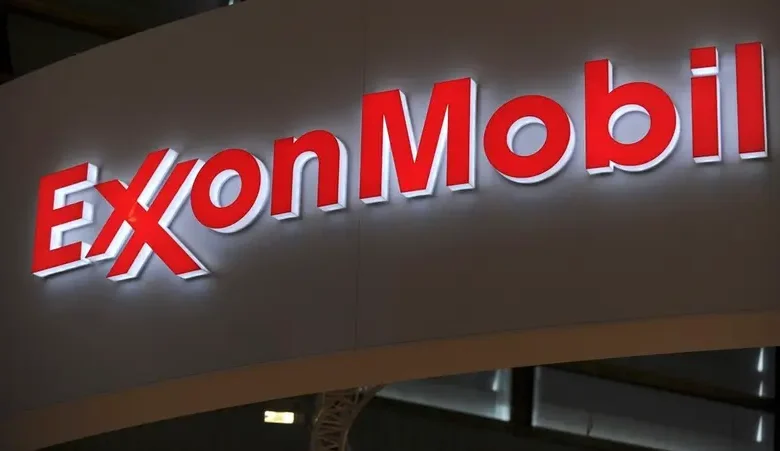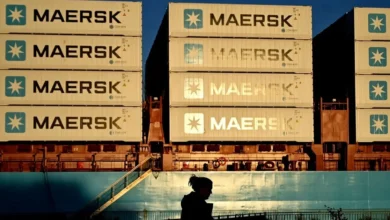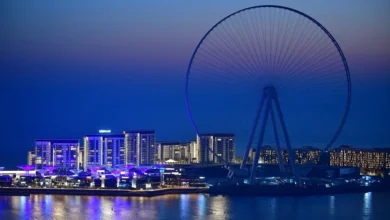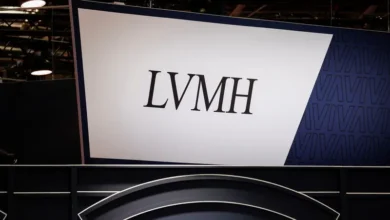Israeli private investigator wanted in US over alleged hacking for Exxon lobbyist

The lawyer for an Israeli private investigator said for the first time publicly on Wednesday that her client is being prosecuted over allegations that he was hired by an Exxon Mobil lobbyist to hack emails of environmental activists.
The disclosure came in a court filing in Westminster Magistrates Court in London, where US authorities are seeking permission to extradite Amit Forlit, who was arrested at Heathrow Airport last year.
Forlit’s UK-based lawyer, Rachel Scott, told the court US authorities have charged Forlit “with a conspiracy to carry out computer hacking against individuals and entities involved in (or directly associated with) environmental activism.”
That hacking campaign, Scott wrote, “is alleged to have been commissioned by DCI Group, a lobbying firm representing ExxonMobil, one of the world’s largest fossil fuel companies.”
In November Reuters reported Forlit was wanted by the US Department of Justice in connection with an espionage campaign targeting environmentalists seeking to hold Exxon legally accountable for its impact on climate change.
It was the latest in a series of cases uncovered by Reuters where hackers are alleged to have played a key role in swaying legal battles, a topic of increased law enforcement concern worldwide.
The Justice Department, which has not made its indictment public, declined to comment. Forlit has previously denied being involved in hack-for-hire work.
Exxon said the oil company “has not been involved in, nor are we aware of, any hacking activities” and that, if there were hacking involved, “we condemn it in the strongest possible terms.” DCI Group said the allegations that it commissioned the hacking operation were false, adding that it directs all of its employees and consultants to comply with the law. Scott did not immediately return a message seeking further details on the extradition case.
In the filing, she noted the US indictment uses codenames to represent the various parties. Scott said it was important to identify the companies by name so the UK court could understand who was involved and what was at stake.










